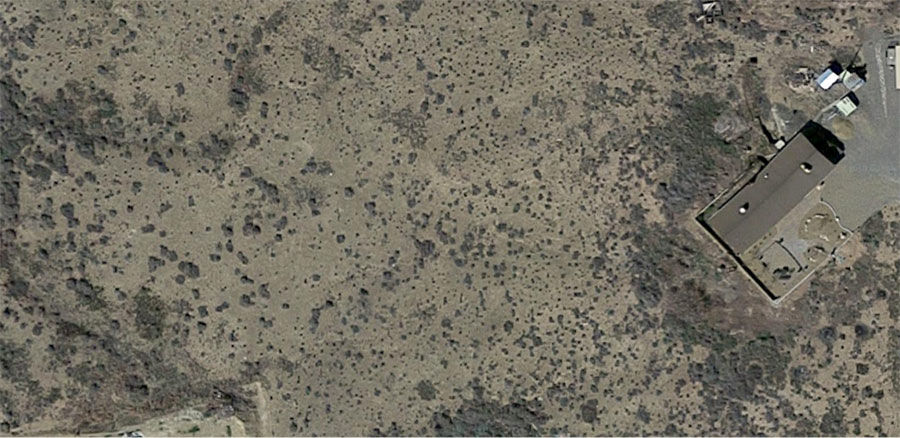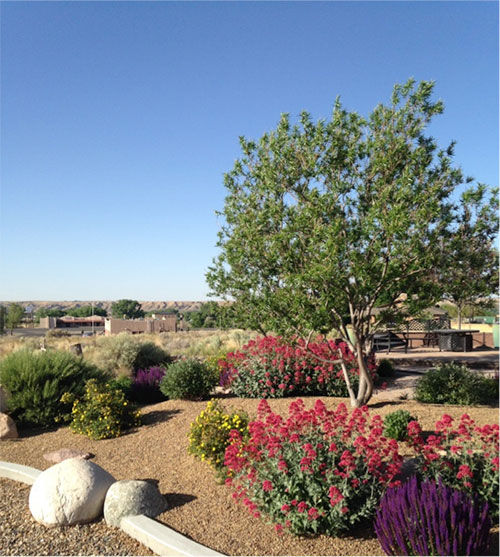"How To" Recognize Great Work
There is so much great work happening all around us. Now, more than ever, our staff need to know how much their extra effort means to us! We’ve added a new page on Pulse full of tips and tools to make it a little easier for you to show your appreciation.
our success depends on your team. Of course, your leadership skills play a role, but success doesn’t come from leadership alone. At U of U Health, success means that patients get great care, and that takes teams of people. As leaders of teams—big or small—it’s your job to let your team know their work matters.
Effective recognition is:
- Frequent (not once or twice a year).
- Reflects organizational (and your) values.
- Appropriate to the achievement.
- Tailored to the individual.
(Adapted from HBR 2008 )
Recognition takes many forms
Just as there are many personality types at work, recognition can and should take many forms.
High-level, system-wide recognition is valuable. For example, a national acknowledgement or an employee-of-the-year nod is high-level. However, this type of 30,000-foot recognition is not accessible to most of our staff. It may seem impossible to achieve, and even if achieved, it can feel impersonal if not handled in a personal way. It’s kind of like the 30,000-foot view of this sparse desert landscape. Without context or specific details, it seems uninviting, even unattractive.
From 30,000 feet, you don’t see much:

As the direct leader of a team, you have the benefit of proximity and context. You are involved in the day-to-day details of a staff member’s work because it affects you, too. You are best equipped to bring recognition down to ground level with specific, meaningful acts. With your insights, you bring texture and true color to what could be seen as generic and bland at 30,000 feet. With a ground-level view, even this same desert expanse has color and texture.
There is texture at the ground level:

Take what you’re already doing, and do it a little bit better
You’re likely already taking time to recognize your staff. Here’s how to do it a bit better:
1. Get organized
It’s easier to provide timely recognition when you are organized.
- Set up a monthly, recurring 30-minute meeting on your calendar to recognize your team. Have a big team? Make it weekly. Once in the habit, you’ll see opportunities you didn’t see before.
- Use opportunities that already exist!
- For Hospitals and Clinics leaders, make a plan to use the $75 per FTE in your budget.
- Use the Hospital leaders’ Reward Great Work tool to write a personal, specific email and give $20 to a member of your team.
- If you receive emails from other people recognizing your staff members via Pulse’s Recognize Great Work or the Hospital leaders’ Reward Great Work tool, make a folder and save the emails. Use these during one-on-ones, annual reviews, and team meetings. Multiply the recognition that someone else already did for you!
- Take a minute to remember years of service anniversaries. Hospital HR sends reminder emails to leaders of full-time staff with an upcoming service anniversary; print out the certificate.
2. Keep it simple
While extravagant recognition has a place, simple and sincere is also effective. Add recognition to what you already have in place.
- Add a 30-second shout out to staff meetings or huddles.
- Highlight great work on break room bulletin boards.
3. Make it personal
It doesn’t take a lot of effort to make a simple “thank you” a personal gesture.
- Use real words that mean something. Use specific examples of a project or action that made a difference.
- Recognition feels like an afterthought when it isn’t timely, so don’t delay.
Have questions or a particularly difficult situation for recognizing your staff? Write it in the comments below. Let’s figure something out together!
P.S. That desert is the landscape of my childhood home … warm, colorful and inviting when at ground level.
This article was updated May 18, 2020 to reflect new information. It originally appeared January 24, 2019.
Christian Sherwood
Listening to—and learning from—employees makes for a more humble and thoughtful leader. Chris Shirley, support services director, shares how he turned some stinging feedback into an opportunity to create community and inclusion.
Our work has high stakes, and it’s natural we feel a deep sense of responsibility. Ally Tanner teaches us that trust helps lighten the load.
Trust. That’s what we want. We want to earn and keep the trust of every patient. We want them to trust that we provide the best possible medical care. But more than that, we want them to trust that we will respond to their needs, coordinate our efforts, and provide them with available options. We want them to trust that we will answer our phones, explain their treatment, and value their time. The exceptional patient experience is an enterprise-wide system designed to deliver a singular output: trust. And, this enterprise-wide system is built on trusting our providers and our teams.
